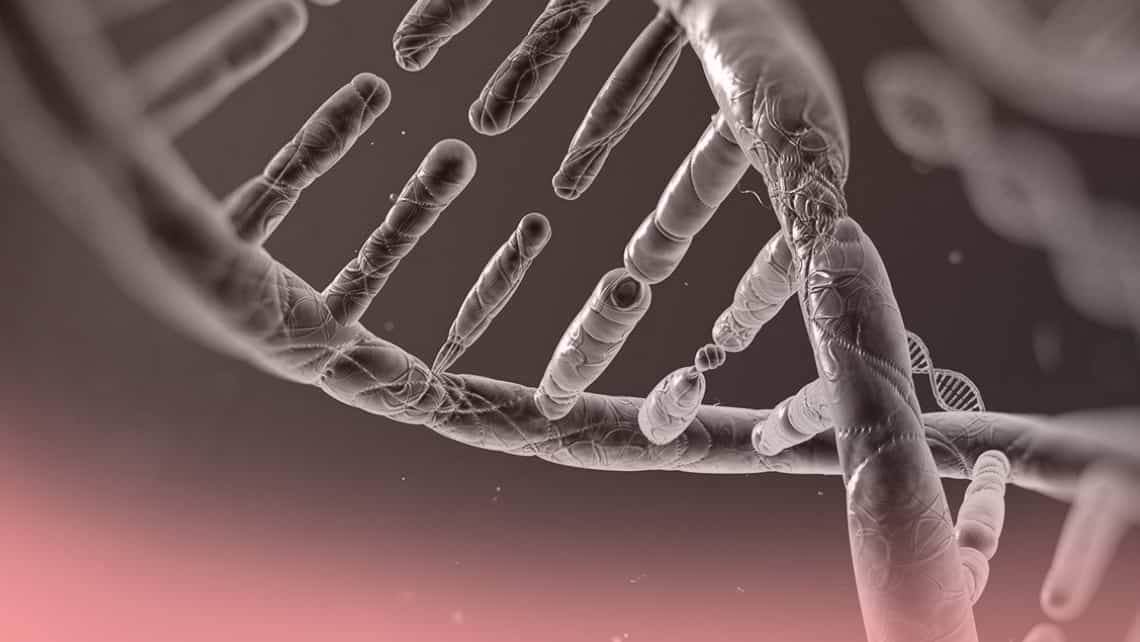
Indications of Preimplantation Genetic Diagnosis (PGD)
Preimplantation Genetic Diagnosis (PGD) is a new technique used in Reproductive Medicine and is one of the main sources of innovation and research. PGD allows embryos to be selected from assisted reproduction cycles and tested for certain genetic or chromosomal abnormalitybefore being transferred to the womb.
Nowadays, PGD allows chromosomal abnormalities to be diagnosed, including chromosomal aneuploidy screening (1), sex selection in couples carrying sex linked diseases (2) andstructural chromosomal abnormalities as well as the diagnosis of monogenic diseases (4).
PGD and its indications are classified bySpanish Law 14/2006of 26 May on assisted reproduction techniques.
Through PGD for monogenic diseases, embryos free of any genetic pathology that effects one single genes in patients that have had a genetic study carried out can be selected.
In the case of couples who undergo PGD for chromosomal abnormalities, we can see two distinct groups. The first is when a member of the couple is a healthy carried of a structural chromosomal abnormality (translocation, inversion, etc.) The second are couples who both have normal karyotype but do not achieve ongoing pregnancies due to embryonic aneuploidies.
People who have balanced chromosomal alterations do not have clinical repercussions. The significance of being a carrier of a balanced chromosomal alteration is that eggs or sperm that are produced can have a chromosomal imbalance, making embryos fail to implant, or losing pregnancies, or producing offspring with physical or mental conditions. PGD allows us to select the embryos that are free of abnormalities, in order to achieve ongoing, full-term pregnancies.
One of the main causes of the low conception rates in humans (25% per cycle) is due to embryonic aneuploidies. There are couples that have apparently high morphological quality embryos transferred and still do not achieve pregnancy, possibly due to the fact that the embryos have aneuploidies. In these couples the goal of PGS is to pinpoint the embryos with greater ability to implant. The cells of a normal embryo or euploid will have two copies of every chromosome. However if a loss or gain of genetic material is found (an aneuploidy) the embryo will stop its preimplantational development or could cause an early miscarriage.
PGS is used for a variety of indications:
- PGS – Advanced maternal age.Studies have shown an increase in aneuploidies in pregnancies with advanced maternal age. Thanks to PGD we can avoid transferring the embryos that while morphologically healthy, could have chromosomal alterations.
- PGS- Implantation failure. Couples who undergo assisted reproduction treatments and do not acheive a pregnancy after three cycles with morphologically normal embryos transferred suffer from implantation failure. Occasionally embryos transferred in IVF can be morphologically normal but can have chromosomal abnormalities that cannot be diagnosed in conventional IVF, and can cause implantation failure. In these cases PGD can be especially valuable because it allows for a more precise embryo selection, as well as giving an indiciation of whether to continue or start another treatment.
- PGS- Repeatmiscarriages. When a couple loses at least two pregnancies this is considered to be repeat miscarriages. Around 50% of repeat miscarriage cases are thought to be due to the embryo and not the patient. An abnormal number or an altered chromosomal structure in the embryo is one of the reasons for many repeat miscarriages. PGS allows us to select embryos free of these structural or numeric abnormalities and help us achieve an ongoing pregnancy.
- PGS- Male factor. Male factor is one of the main causes of many aneuploidies in the embryo. Previous genetic studies showing alterations in the sperm indicate a higher risk of obtaining embryos with aneuploidies. PGS allows us to select the chromosomally altered embryos from the normal ones.
Dr. Belén Lledó, medical director IBBIOTECH of Instituto Bernabeu
